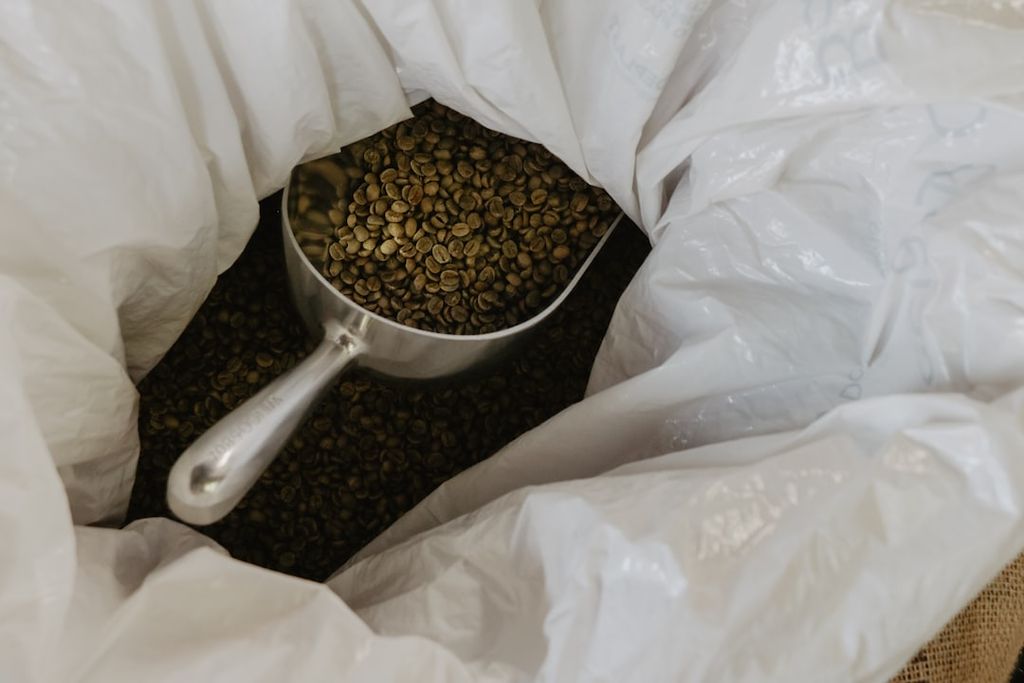The US-Thailand coffee export trade has been facing numerous challenges and disruptions due to trade policies, market trends, and logistical issues. This article explores the impact of trade policies on coffee export between the two countries and highlights key market trends and challenges. Understanding these factors is crucial for stakeholders in the coffee industry to navigate the brewing financial storms and make informed decisions.
Key Takeaways
- Tariffs play a significant role in disrupting coffee export between the US and Thailand.
- Trade agreements have both positive and negative effects on coffee trade between the two countries.
- Government regulations pose challenges for coffee exporters in meeting quality and safety standards.
- Changing consumer preferences and demand impact the US-Thailand coffee export trade.
- Competition from other coffee exporting countries adds pressure to the market.
The Impact of Trade Policies on US-Thailand Coffee Export Trade
The Role of Tariffs in Disrupting Coffee Export
Tariffs have had a significant impact on the coffee export trade between the US and Thailand. These import taxes have increased the cost of Thai coffee in the US market, making it less competitive compared to other coffee exporting countries. As a result, Thai coffee producers have faced challenges in maintaining their market share and profitability.
Trade Agreements and their Effect on Coffee Trade
Trade agreements play a significant role in shaping the coffee export trade between the US and Thailand. These agreements establish the terms and conditions under which coffee can be traded between the two countries. They aim to promote fair and open trade, reduce barriers, and create a level playing field for exporters. By eliminating or reducing tariffs and other trade barriers, trade agreements facilitate the flow of coffee between the US and Thailand, making it easier for exporters to access each other’s markets.
Government Regulations and Coffee Export Challenges
Government regulations play a crucial role in shaping the coffee export landscape between the US and Thailand. These regulations encompass a wide range of areas, including customs procedures, quality standards, and documentation requirements. Adhering to these regulations is essential for exporters to ensure smooth and compliant trade operations. Failure to comply with these regulations can result in delays, penalties, and even the suspension of export privileges. It is important for exporters to stay updated on the latest regulatory changes and maintain strong relationships with regulatory authorities to navigate the complexities of international trade.
Market Trends and Challenges in US-Thailand Coffee Export
Changing Consumer Preferences and Demand
The changing consumer preferences and demand in the coffee industry have posed challenges for US-Thailand coffee exporters. With the rise in health-conscious consumers, there has been a growing demand for organic and sustainably sourced coffee. This shift in consumer preferences has created opportunities for coffee exporters who can meet these demands. However, it has also presented challenges for exporters who may need to adapt their production and sourcing practices to cater to this niche market. Additionally, the increasing popularity of specialty coffee has further influenced consumer preferences and created a need for exporters to focus on providing unique and high-quality coffee products.
Competition from Other Coffee Exporting Countries
When it comes to competing with other coffee exporting countries, it is important for US-Thailand coffee exporters to stay ahead of the game. One key factor is having an efficient system in place to streamline the export process and ensure timely delivery. This includes optimizing logistics, managing supply chains, and leveraging technology to track shipments. By implementing an efficient system, exporters can minimize delays and meet the demands of the market.
Logistical Challenges in Coffee Export
One of the logistical challenges in coffee export is the need for efficient transportation and shipping. Coffee beans are delicate and require careful handling to maintain their quality. Collection agency is another important aspect to consider in the export process. It is vital to utilize an effective third-party collection partner to keep distressed accounts from becoming write-offs.
Market Trends and Challenges in US-Thailand Coffee Export. The coffee industry has been experiencing significant growth in recent years, with more and more consumers embracing specialty coffee. However, this growth also brings challenges, especially for coffee exporters. One of the key challenges is the competition in the global market. As the demand for coffee increases, exporters face tough competition from other coffee-producing countries. Another challenge is the fluctuating coffee prices, which can impact the profitability of exporters. Additionally, coffee exporters need to navigate complex trade regulations and ensure compliance with quality standards. To overcome these challenges, exporters can benefit from the expertise of Debt Collectors International. With our debt collection solutions made simple, we can help coffee exporters streamline their financial operations and recover outstanding payments. Contact us today to learn more about how we can assist you in overcoming the challenges in the US-Thailand coffee export market.
Frequently Asked Questions
What is the impact of tariffs on US-Thailand coffee export trade?
Tariffs can disrupt the coffee export trade between the US and Thailand by increasing the cost of imported coffee and making it less competitive in the market.
How do trade agreements affect US-Thailand coffee trade?
Trade agreements can have both positive and negative effects on coffee trade between the US and Thailand. They can open up new markets and reduce trade barriers, but they can also lead to increased competition from other countries.
What are the challenges faced by coffee exporters due to government regulations?
Coffee exporters in the US and Thailand face challenges due to government regulations, such as compliance with food safety standards, documentation requirements, and export restrictions.
How do changing consumer preferences and demand impact US-Thailand coffee export?
Changing consumer preferences and demand can affect the US-Thailand coffee export trade. For example, if consumers prefer coffee from other countries or switch to alternative beverages, it can reduce the demand for US-Thailand coffee.
What is the competition faced by US and Thailand coffee exporters from other coffee exporting countries?
US and Thailand coffee exporters face competition from other coffee exporting countries, such as Brazil, Colombia, and Vietnam. These countries may have lower production costs or a stronger coffee reputation, making it challenging for US and Thailand to compete.
What are the logistical challenges in US-Thailand coffee export?
Logistical challenges in US-Thailand coffee export include transportation, storage, and customs procedures. These challenges can increase costs, lead to delays, and affect the quality of the exported coffee.





